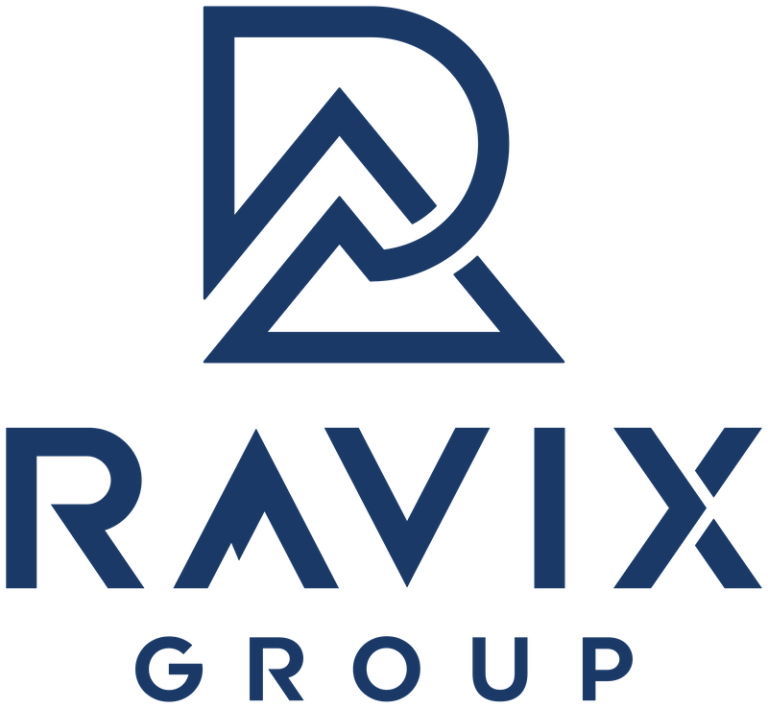Don’t Let Essential Financial Tasks Fall Through the Cracks
If you’re involved in mergers and acquisitions, it’s more important than ever to button down your financial due diligence process. A fractional accounting services firm can give you expanded access to expertise and provide an outside perspective on your current reporting processes. During an M&A, you’ll want to take a deep dive into your books in order to present a factual look at your company’s financial performance. At the same time, it is important to tackle forecasting with more veracity than ever to drive positive results. This is true whether you are on the buying or selling end of a merger.
While the buyer typically wants to know all pertinent information regarding finances, contracts, customers, and debts, it’s also important for the seller to ascertain their financial standing before making a final decision.
The consultants at Ravix Group have put together a brief due diligence checklist primarily aimed at acquiring companies but also useful for acquired companies actively seeking a synergistic merger. This should help you get started on the challenging task of marrying two companies into one.
Financial Results Due Diligence Checklist
Before you sign on the dotted line, create detailed reporting that allows you to better assess each of the following areas of the prospective acquisition:
- Annual Financial Statements: Ideally, you need at least five years of financial statements boiled down into a trend line comparison. This will reveal seasonality versus periods of poor performance, among other essential details.
- Cash Flow Analysis: Liquidity plays an important role in whether you’ll inherit healthy business cash flows or deep debts with uncertain income. The startup cash flow statements are the place to find how the company has used its cash versus credit. It often reveals hidden expenses and risks not evident in the balance sheet or P&L statement. Be sure to ask the target company any and all questions that arise, including gaps between cash reserves and the picture painted on the other financial statements.
- Cash Restrictions: What restraints exist on any liquid assets that come with the acquisition? Are there any performance bonds that will hinder the merger? Letters of credit, unexecuted contracts, and many other surprises can come up when you delve into how much of the cash is already spoken for.
- “Non-Operational” Expense: Companies in crisis often get creative with how they categorize expenses. Do the books reveal indications that financing expenses have been allocated elsewhere, to make operating margins more attractive to buyers?
- Large Capital Expenditures: Has there been a series of “one-off” expenses without sufficient explanation? You can strip true one-off expenses from the analysis to get a better picture of what the books would look like without these outliers.
- Disclosures: Analyzing audited financial statements is not enough. You should also request or compile a series of disclosures that gives the acquisitions team more information to make the right decision. Besides what’s shown on balance sheets and income statements, it’s important to know the details, including itemized expenses that may impact the true profitability of the target company. Professionals with outsourced accounting and bookkeeping services can assist with this tedious task.
- Public Filings: For publicly held companies, it’s crucial to obtain copies of:
- Form 10-K annual report
- Form 10-Q quarterly report
- Form 8-K
After obtaining the reports from the Securities and Exchange Commission website, go over them with a fine-tooth comb, looking for discrepancies and “too-good-to-be-true” results. You can also hire technical accounting services to handle this for you. The target company should have plausible explanations for their publicly filed reporting.
- Management Letters: Once you complete the audit, your Ravix Group outsourced controller or fractional CFO can lead you through each step of the due diligence process, including cooperating with legal and other departments conducting their own reviews. A management letter from the auditors will have suggestions on how to strengthen the financial standing of the company. Find out how closely the target company has adhered to this advice and whether it needs to rectify any deficiencies as a condition of the merger.
Ravix Group offers fractional accounting services in the San Francisco Bay Area, Silicon Valley, or remotely, and our experts can help your company work through a financial due diligence checklist. Contact us online or call us at 408 216 0656 to talk about your M&A aspirations and how we can help you reach them.



